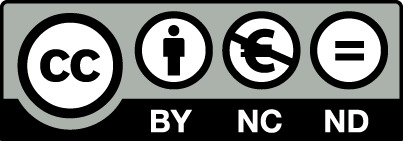Sorting of Municipal Waste by Citizens in Slovakia
Jana SKÝPALOVÁ
https://doi.org/10.53465/EDAMBA.2023.9788022551274.261-271
Abstract. The paper focuses on the sorting of municipal waste by citizens of the Slovak Republic. Waste represents one of the biggest environmental challenges today, which affects not only Slovakia, but the whole world. Household waste, or municipal waste, is considered a particularly problematic source of waste. Its amount increases from year to year. In 2020 alone, its amount in the European Union (EU) amounted to 505 kg per person, according to data available on Eurostat, while only 48 % of it was recycled. The Slovak Republic, as an EU member state, must align its waste management policy with EU goals. At the same time, waste management, which should be environmentally friendly and use secondary materials contained in waste, is one of the critical elements of EU environmental policy. Major part of municipal waste in some EU countries still ends up in landfills and Slovakia is no exception despite the fact waste sorting is mandatory there. Just smaller part of municipal waste is recycled. The paper examines influence of selected factors on sorting of municipal waste by citizens of the Slovak Republic. It determines whether gender, age, income, household size and sufficient information about where the sorted waste ends up have some influence on sorting of municipal waste by citizens of the Slovak Republic.
Keywords: Waste sorting, Municipal waste, Household waste, Waste sorting in Slovakia
JEL classification: Q53, D10, R11
Fulltext: PDF
Online publication date: 25 January 2024
ISBN: 978-80-225-5127-4
Publisher: University of Economics in Bratislava
Pages: 261-271
To cite this proceedings paper (STN ISO 690 and 690-2):
SKÝPALOVÁ, J. 2024. Sorting of Municipal Waste by Citizens in Slovakia. In PETROVSKÁ, F. (ed.). EDAMBA 2023: Conference Proceedings. Bratislava: University of Economics in Bratislava, 2024. ISBN 978-80-225-5127-4, pp. 261-271.
https://doi.org/10.53465/EDAMBA.2023.9788022551274.261-271
License:

This work is licensed under a Creative Commons Attribution-NonCommercial-NoDerivatives 4.0 International License.